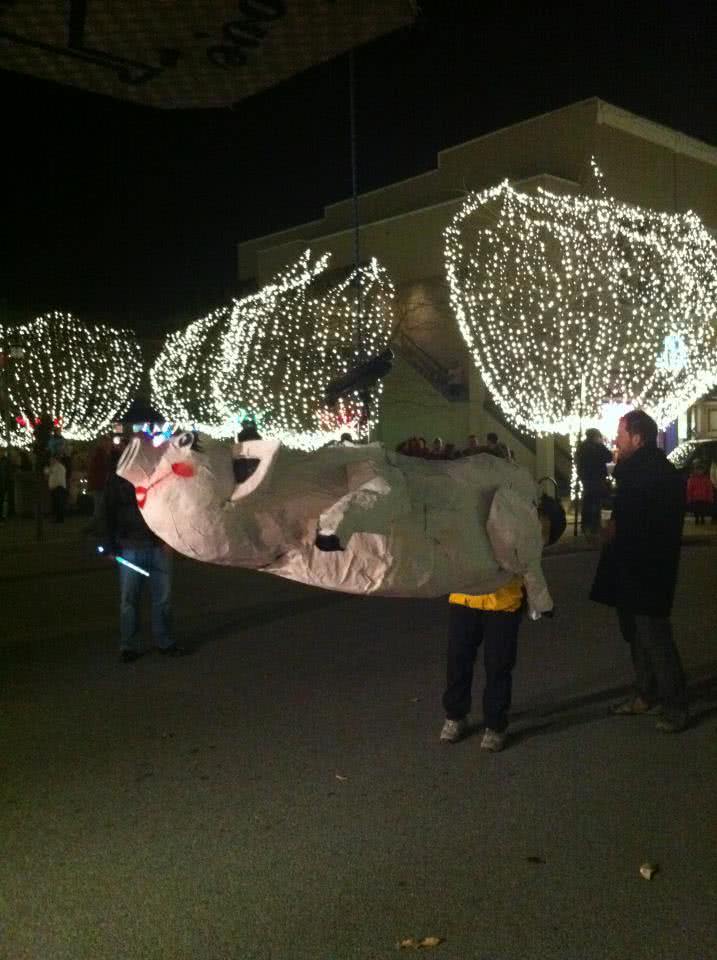

And even before events can be listed on DonationMatch to be eligible to receive goods, a nonprofit's IRS status and account contact must be verified.

To help companies and brands find their target markets (and nonprofits present themselves to the right opportunities), we ask event organizers for attendee demographics, ticket prices, estimated attendance, social media links, and more. Event-specific information: Are there meal or seating choices to make? Need t-shirt sizes for giveaways? Can you sell raffle tickets or add-ons in advance?Īt DonationMatch, we do our best to collect the right information on behalf of our users, too. Contact information: Don't forget about asking for email addresses for follow-up surveys or future communications.Ĥ. Number of guests: Plan seating, food, and amenities better with an accurate count.ģ. Demographics: Name, age, gender, even zip codes can matter to sponsors and event partners.Ģ. "A nonprofit can use demographic data when planning entertainment or auction items for their annual silent auction fundraiser." Here is their list of what to collect:ġ. Knowing what to ask and keeping the form streamlined is crucial.Īccording to Constant Contact's strategy, #1 is demographic information.

Anyone can use a company like Eventbrite, TicketDerby, or Ticketleap to make it easier, and the best will suggest pertinent questions that will help in planning your event. This allows you to easily learn more about your guests as part of the ticket purchase process. The key to collecting the right guest information before your next event is to start with an online registration form. Constant Contact has developed a simple strategy for asking the right questions, and in a blog post they explain why obtaining the right information is so valuable in planning your next event.


 0 kommentar(er)
0 kommentar(er)
